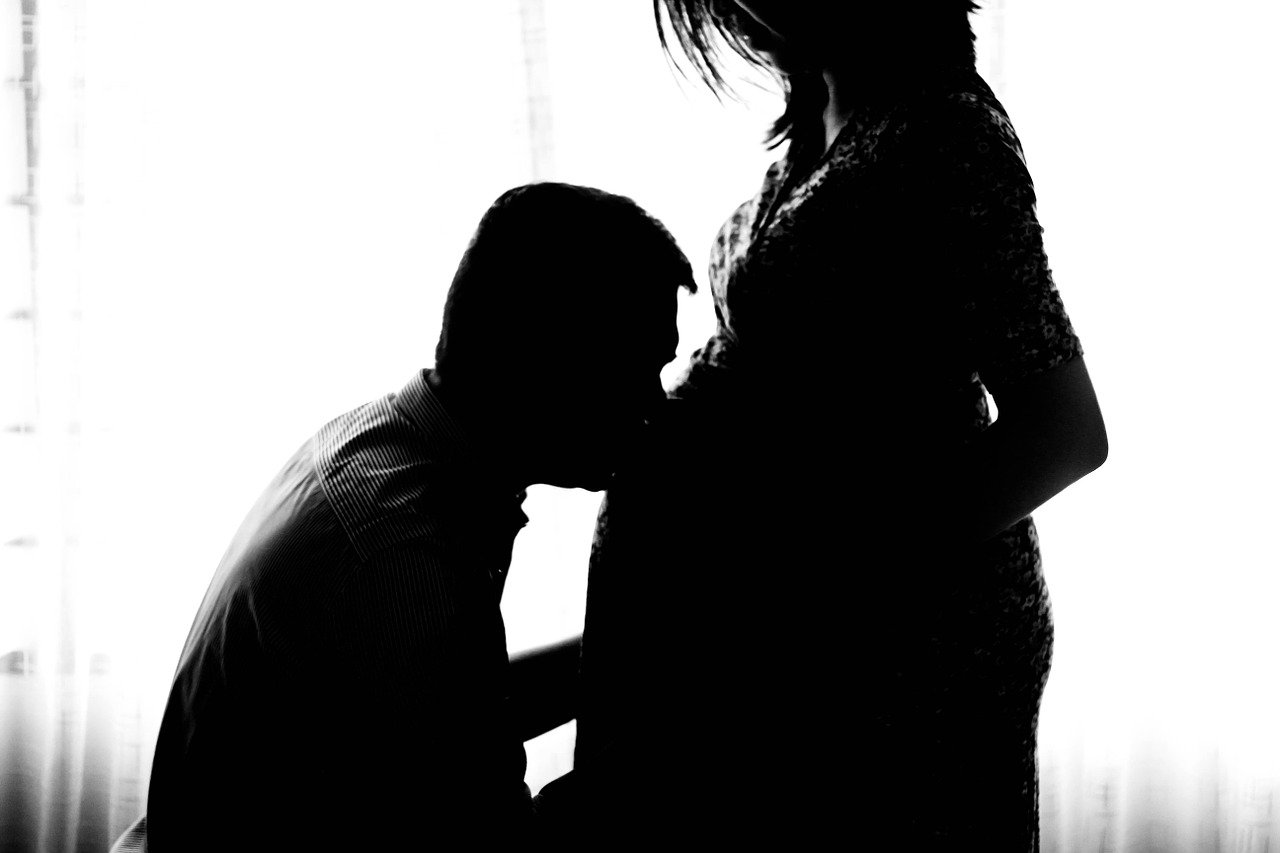In November 2018 researchers from the UK published their review of the medical scientific literature to assess first time fathers’ experiences and needs in relation to their mental health and wellbeing during their transition to fatherhood, from commencement of pregnancy until one year after birth. A total of 22 studies involving 351 first time fathers were included in the review. Nine studies were from the UK, three from Sweden, three from Australia, two from Canada, two from the USA, one from Japan, one from Taiwan and one from Singapore. Results of the review identified 144 fndings which could be categorised as follows: (1) New fatherhood identity, (2) Competing challenges of new fatherhood, (3) Negative feelings and fears, (4) Stress and coping, (5) Lack of support, (6) What new fathers want, and (7) Positive aspects of fatherhood. The three main factors that affected first time fathers’ mental health and wellbeing during their transition to fatherhood were identified as the formation of the fatherhood identity, competing challenges of the new fatherhood role and negative feelings and fears relating to it. The role restrictions and changes in lifestyle often resulted in feelings of stress, for which fathers used denial or escape activities, such as smoking, working longer hours or listening to music, as coping techniques. It was also seen that fathers wanted more guidance and support for the preparation for fatherhood, and partner relationship changes.
Baldwin S et al. Mental health and wellbeing during the transition to fatherhood: a systematic review of first time fathers’ experiences. JBI Database System Rev Implement Rep. 2018 Nov;16(11):2118-2191.

